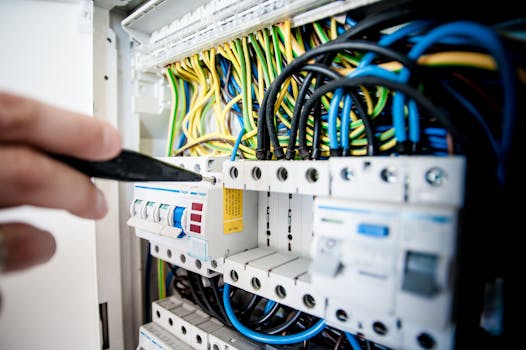The Impact of Blockchain on Electronic Payments
Introduction
Blockchain technology, originally developed for the digital currency Bitcoin, has evolved far beyond its initial purpose and is now revolutionizing various sectors, including electronic payments. This technology offers a decentralized and secure platform for conducting transactions without the need for intermediaries, such as banks. This article explores how blockchain is impacting the world of electronic payments, offering innovative solutions that promise increased security, transparency, and efficiency.
Blockchain Solutions in Electronic Payments
Decentralized Transactions
One of the main applications of blockchain in electronic payments is the creation of decentralized systems where transactions are processed directly between the payer and the payee without any intermediary. This approach reduces transaction times and eliminates processing fees charged by banks or payment processors.
Advantages:
- Reduced costs due to the absence of intermediary fees
- Faster transaction processing times
- Requires both parties to adopt the technology
- Still relatively new, which may lead to hesitance among users
- Increased security as the conditions must be met for the transaction to occur
- Reduced human error and fraud
- Complexity in setting up and understanding smart contracts
- Dependency on the technology's reliability and security
- Enhanced liquidity of assets
- Secure and efficient way to manage ownership records
- Regulatory challenges and uncertainties
- Technical understanding required for implementation
Disadvantages:
Smart Contracts
Smart contracts are self-executing contracts with the terms of the agreement directly written into lines of code. In the realm of electronic payments, these can automate and secure transactions based on predefined conditions.
Advantages:
Disadvantages:
Tokenization of Assets
Blockchain enables the digital representation of physical or intangible assets in the form of tokens, which can be traded or used in transactions easily and securely.
Advantages:
Disadvantages:
Practical Examples
Many companies and financial institutions are already harnessing the power of blockchain to enhance their payment systems. For instance, Ripple, a digital payment protocol, uses blockchain to facilitate cross-border payments with lower fees and faster processing times than traditional banking systems.
Conclusion
Blockchain technology is significantly transforming the landscape of electronic payments. With its ability to offer decentralized transactions, automate through smart contracts, and tokenize assets, blockchain presents a promising future for secure and efficient payment systems. However, challenges such as technological adoption, understanding, and regulatory frameworks need to be addressed. As we move forward, businesses and consumers alike should consider exploring the potential of blockchain to enhance the security and efficiency of their payment processes. For those ready to take the next step, engaging with technology providers and regulatory experts will be crucial in navigating this new terrain.
Recommendation
For businesses looking to stay ahead in the digital economy, adopting blockchain technology in their payment systems could be a strategic move. It offers a competitive edge by enhancing transaction efficiency and security. Start by consulting with blockchain experts and gradually integrate this technology to capitalize on its benefits while managing potential risks.
Call to Action
Are you ready to revolutionize your payment systems? Consider exploring blockchain technology to ensure your transactions are secure, efficient, and future-ready. Dive into the world of blockchain and unlock new possibilities for your business today!

.png)





